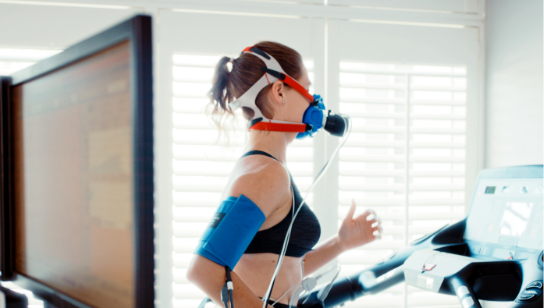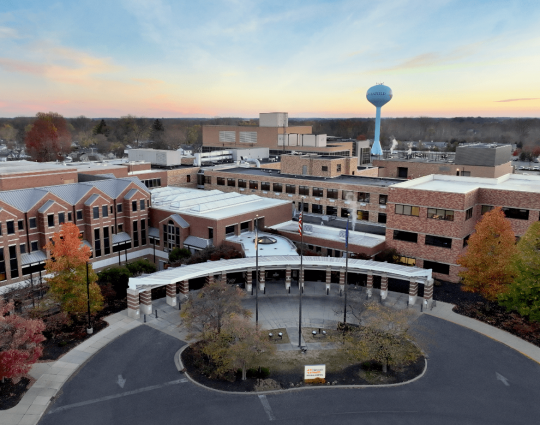Cardiovascular Services
If you’re experiencing the warning signs of a heart attack, you are better off calling 911 than driving to the hospital. Dispatchers can locate you quickly and assist with early treatment as you wait for emergency medical services. Hancock Health is prepared to handle your heart health, from emergency to preventative care.

Affordable Heart Scans
Our low-cost heart scan is a noninvasive way of determining the presence, location, and extent of calcium deposits in your coronary arteries. The scan shows your provider details about your heart’s structure and how well your heart is working, including early signs of coronary artery disease.
Risk factors for heart disease include:
- Abnormally high blood cholesterol levels
- A family history of heart disease
- Diabetes
- High blood pressure
- Smoking
- Being overweight or obese
- Being physically inactive
Advanced Detection
Studies estimate that more than half of us will develop heart disease at some point in our lives. We offer state-of-the-art technology to diagnose cardiovascular problems and offer the most effective treatment. If you’re experiencing symptoms of heart disease, or if you think you may be at risk, don’t wait. Most cardiovascular disease can be treated more effectively when caught in its early stages.
Our cardiac X-ray unit provides one of the most advanced heart scans available, with enhanced image quality and resolution. And our echocardiography system offers a color ultrasound of the heart with exceptional imaging performance. Diagnostic procedures we offer include:
- Cardiac catheterization: Contrast dye is injected into the coronary arteries and a digital picture is taken. This allows visualization of any narrowing or blockages.
- Cardiac stress testing: A treadmill, bicycle, or medication is used to stress the heart and grade its performance.
- Cardiac nuclear stress testing: Done in conjunction with a stress test, cardiolite stress testing shows how well the blood flows to the heart muscle.
- Echocardiogram: Ultrasounds of the heart and heart valves determine how the heart is pumping and whether it is working properly.
- Electrocardiography: Electrical tracing (EKG) of the heart rhythm helps diagnose conditions that interfere with normal electrophysical function. EKG event monitors make a graphic record of the electric currents generated by the heart while the person walks or otherwise moves wearing a small recorder.
Treatment & Rehabilitation
Armed with the latest technology, our expert cardiologists work with one goal in mind: to help you get better. Along the way, we will communicate closely with you and your family, making sure you’re aware of your treatment options so you can be an active participant in choosing care that’s right for you.
Our Cardiac Rehabilitation program helps patients recover faster and return to their everyday lives after a cardiac event or surgery. The rehab program is designed around each individual patient and is monitored by our caring, expert staff.
RELEVANT LOCATIONS
WELLNESS EDUCATION

Love Your Heart and It Will Love You Back
Taking care of your heart.
Continue ReadingPatient Stories: Blood Clots
For Blood Clot Awareness month, Hancock Health is sharing real stories from…
Continue ReadingThe Best Exercises to LOVE Your Heart
February is all about love, so why not make sure to give…
Continue Reading